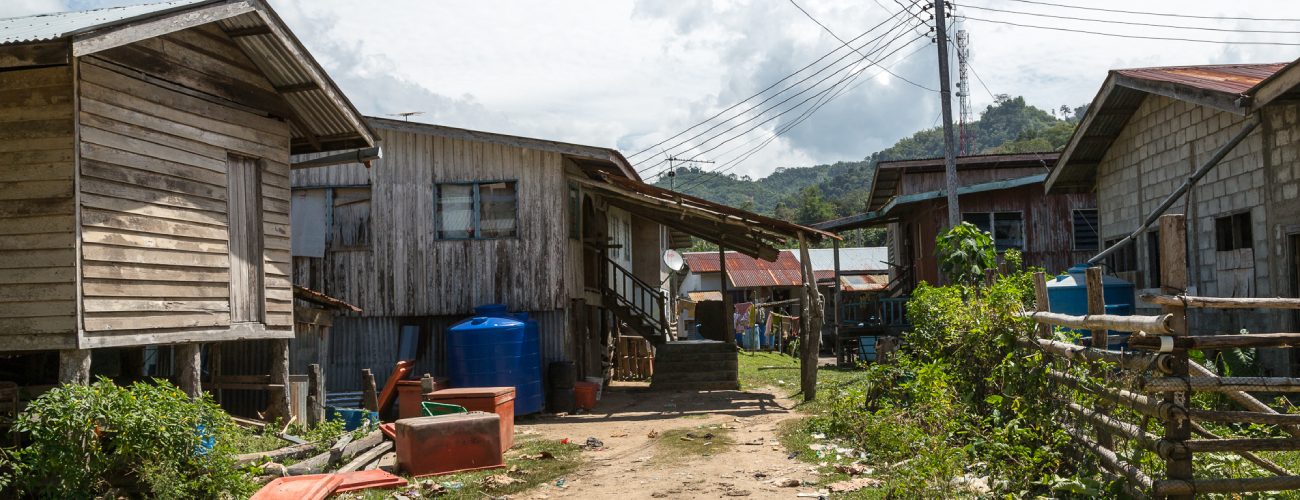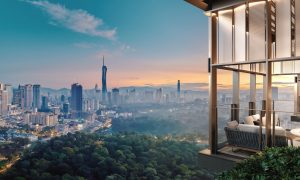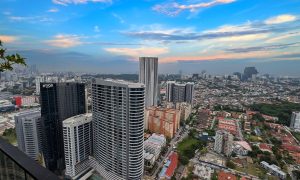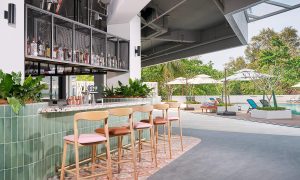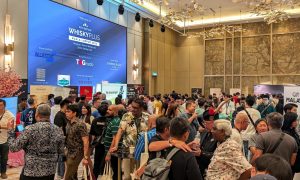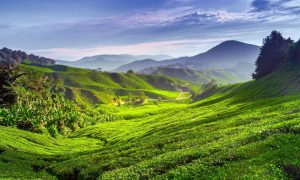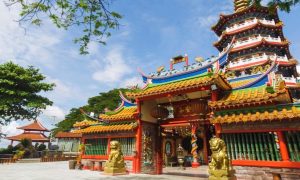Sabah’s upcoming state election has reignited long-simmering frustrations over autonomy, resources, and a sense that the promises made when Malaysia was formed have not been honoured. For many voters, these grievances go back to one document signed more than six decades ago.
Sabah’s northern coast can feel a world away from the political arguments dominating Kuala Lumpur, but the issues shaping the state’s current debate are deeply rooted in the formation of the country itself. In fishing villages such as Sarang, where wooden houses overlook the South China Sea, many residents say the tranquillity belies frustrations that have simmered for decades. These concerns are regularly brought into sharp focus when taps run dry or when blackouts interrupt daily life – problems that Sabahans have learned to tolerate but no longer accept quietly.
For local residents, the dissatisfaction is tied to a belief that the federal government has not lived up to the commitments made under the Malaysia Agreement of 1963. That founding document, better known as MA63, set out the terms under which Sabah and Sarawak agreed to join Malaya and Singapore to form a new nation. While Singapore was expelled from Malaysia in 1965, the original promise of equal partnership remains a crucial reference point in today’s political discourse in East Malaysia.
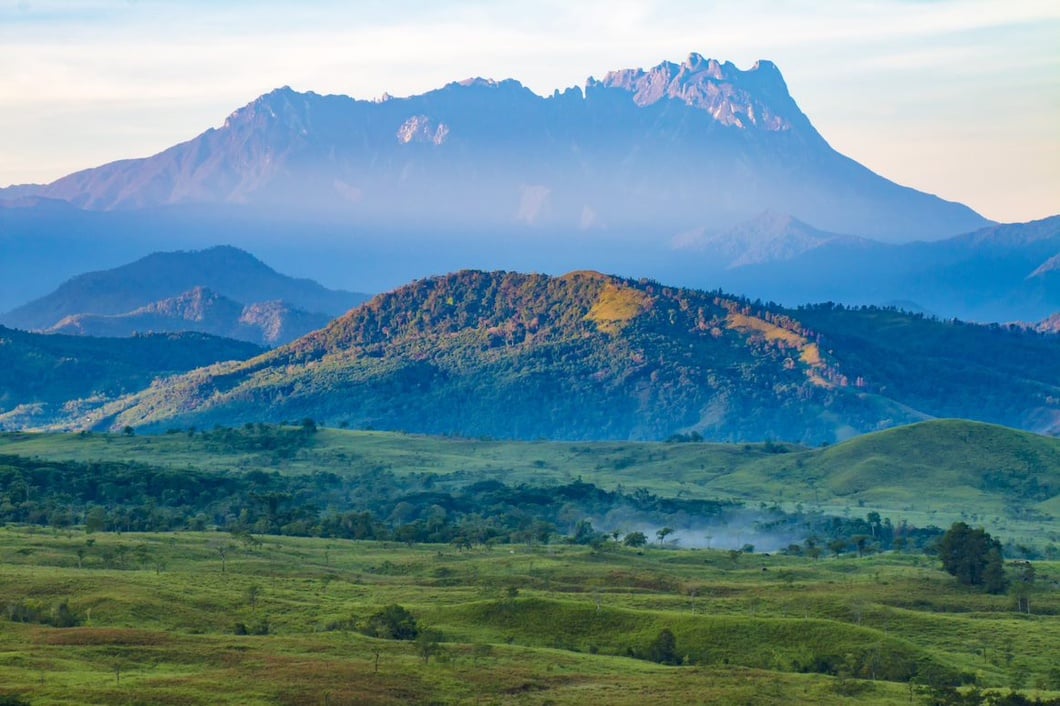
WHAT SABAH SIGNED UP FOR
The Malaysia Agreement of 1963 was a complex, multi-party negotiation involving the governments of Malaya, the United Kingdom, North Borneo (later renamed Sabah), Sarawak, and Singapore. Its central purpose was to define the rights and safeguards that Sabah and Sarawak would retain as they entered the federation. These included autonomy over immigration, religion, local government, natural resources, and education. The deal also included financial provisions intended to ensure that development in the Bornean states would keep pace with the more established territories in Peninsular Malaysia.
One key element was the revenue arrangement. Sabah agreed to contribute a significant portion of its income to the federal government, but this was balanced by an entitlement to receive back 40 percent of the federal revenue collected from the state. The understanding was that this mechanism would guarantee sustained investment in health, education, and infrastructure, enabling Sabah to develop as an equal partner in the new federation.
Over time, however, many Sabahans came to feel that the autonomy they were promised had been gradually eroded. Although the federal government maintains that development funding has flowed consistently, the perception on the ground is different. Residents increasingly believe that too much revenue leaves the state, too few decisions are made locally, and too many basic needs remain unmet.
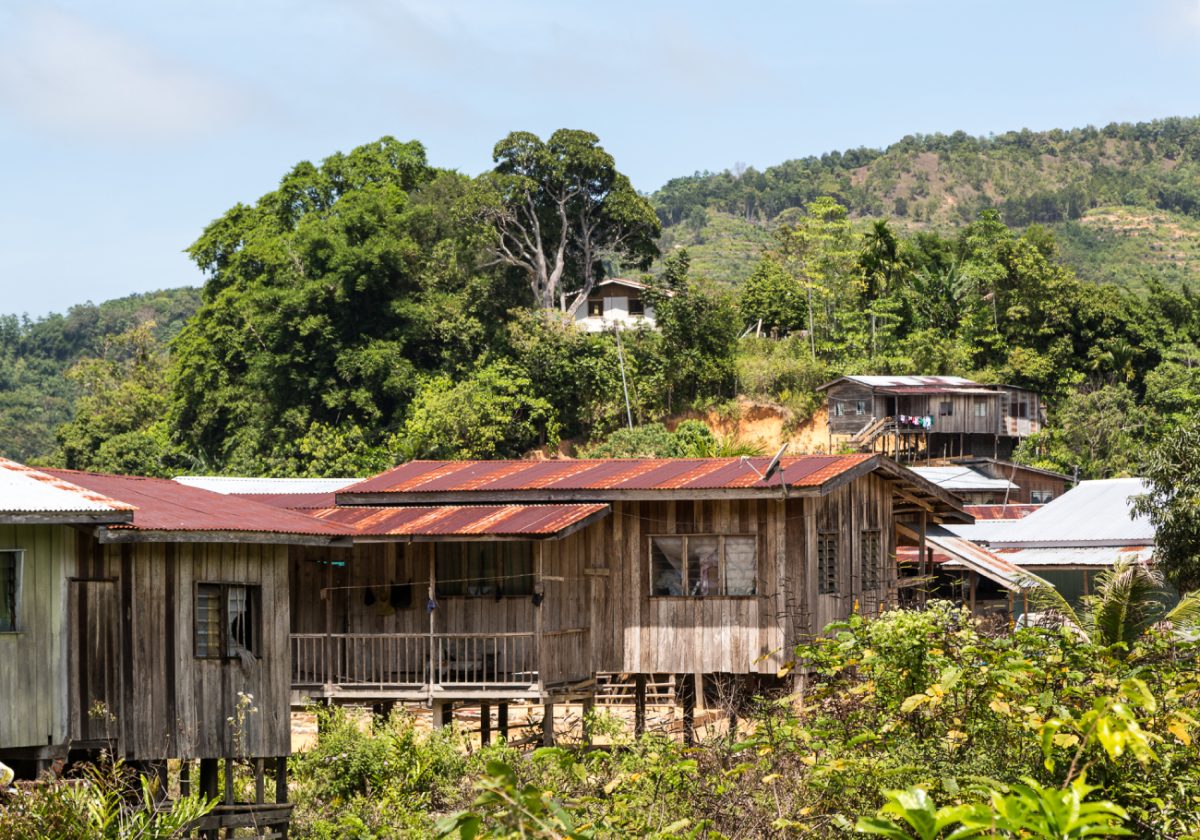
MODERN REALITIES AND GROWING RESENTMENT
Sabah’s poverty rate, at a rather shocking 17.7 percent, is the highest in Malaysia. This figure is particularly jarring for a state endowed with plentiful oil, gas, timber, and marine resources. The disconnect between resource wealth and local living standards has become an enduring political argument, expressed through slogans such as “Sabah for Sabahans.” For many voters, this sentiment reflects a collective sense that they have been short-changed by a system designed to centralize power and revenue in Putrajaya.
As state elections approach, these grievances have gained new urgency. Sabah’s vote will test not only local leadership but also the strength of Prime Minister Anwar Ibrahim’s unity government. The stakes are high: Sabah’s support is essential to maintaining his coalition’s supermajority, yet many residents feel increasingly alienated from federal policymaking.
During recent campaign visits, Anwar pledged to resolve Sabah’s chronic water shortages by next year. While the announcement drew some applause, it also prompted scepticism from voters who have heard similar promises before. Many believe that repeated delays and political compromises have hindered meaningful progress, leaving the state to grapple with unreliable utilities and overstretched infrastructure.
THE 40 PERCENT QUESTION
Nothing has galvanized Sabah’s political scene more than the debate over the state’s entitlement to 40 percent of federal revenue collected within its borders. This issue, long discussed but rarely clarified, returned to the spotlight when a group of Sabahan lawyers filed a suit in 2021 challenging the federal government’s interpretation of the agreement.
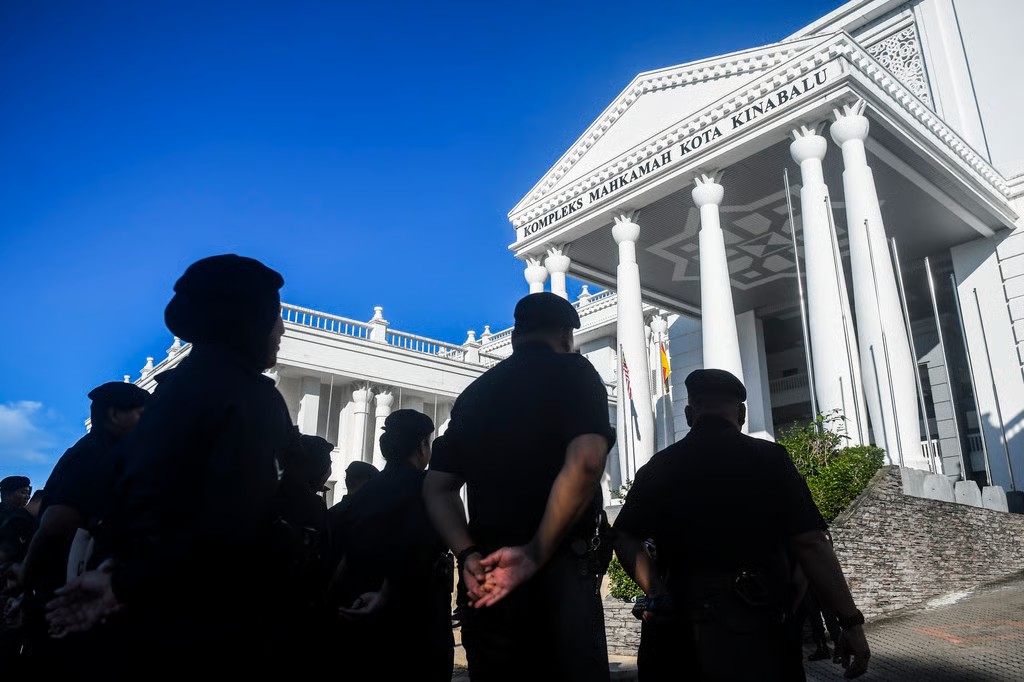
In a landmark decision last month, the High Court in Kota Kinabalu ruled that the 40 percent entitlement is constitutionally valid and remains in force. The court also noted that the provision is separate from the federal government’s responsibility to fund development in the state. In other words, the 40 percent share is the baseline, not the maximum.
The ruling was welcomed by many Sabahans as a long-overdue affirmation of their rights. However, the federal government has since signalled its intention to appeal, citing concerns over aspects of the judgment. This move has reignited frustration, with several Sabah-based allies in the ruling national coalition threatening to withdraw their support.
The numbers involved are substantial. Between 2018 and 2024, national oil company Petronas generated RM205 billion from Sabah, roughly one quarter of its total revenue during that period. Yet from 1976 until 2023, Sabah received only RM23 billion in royalties. These figures, widely shared on social media and debated on the campaign trail, have strengthened the view that the state has contributed far more to the national purse than it has received in return. When considering the numbers, it’s hard to see Sabah’s grievances as anything but justified. But of course, there’s more to it than just raw data.
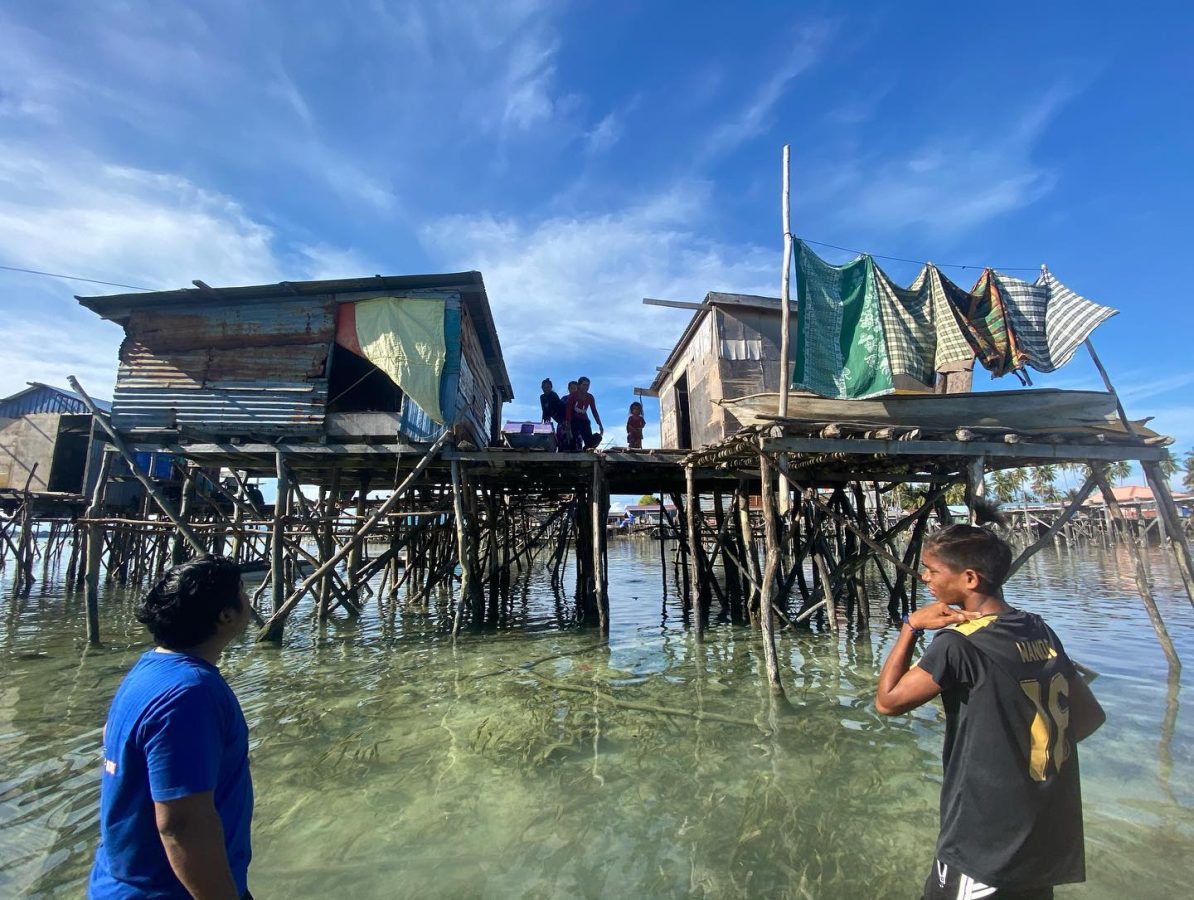
LOCAL POLITICS AND LONG-STANDING PATRONAGE
Sabah’s political landscape is known for its complexity. With more than a dozen parties fielding hundreds of candidates, elections often produce fragmented results. Analysts argue that this fragmentation gives the federal government considerable leverage, allowing national coalitions to form alliances with local parties and assemble workable state administrations, even when these arrangements lack strong mandates.
This cycle has led some voters to believe that Putrajaya prefers to work with local elites who are willing to downplay contentious issues such as resource rights and revenue sharing. As a result, many Sabahans view political patronage as part of the problem, not part of the solution.
High-profile figures remain deeply embedded in the state’s political fabric, despite public unease. The controversial appointment of former chief minister Musa Aman as governor earlier this year sparked student protests, demonstrating the depth of public frustration. Corruption cases involving local assemblymen have further eroded confidence, reinforcing the perception that powerful individuals benefit from Sabah’s resources while ordinary residents face ongoing hardship.
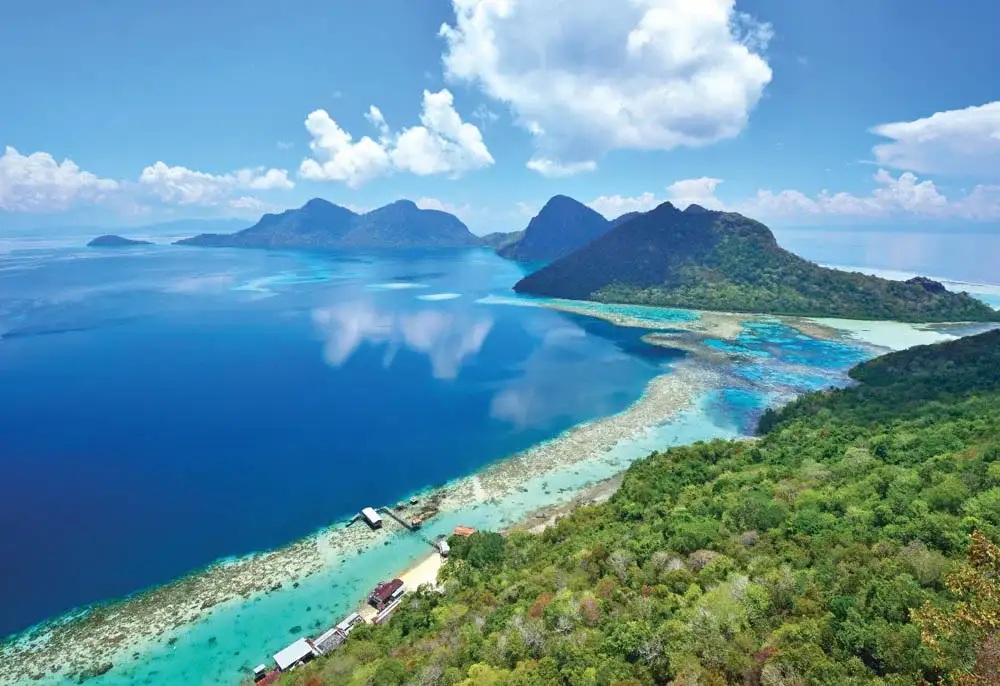
EYES ON THE FEDERAL IMPLICATIONS
The outcome of Sabah’s election will have repercussions far beyond the state’s borders. With Malaysia’s next general election due by February 17, 2028, federal leaders are acutely aware that unresolved grievances in Sabah and Sarawak could shape national political dynamics in the years ahead.
Analysts warn that if the unity government performs poorly in Sabah, internal divisions may deepen, triggering a blame game within the coalition. A weak showing could also embolden opposition parties to court East Malaysian voters more aggressively, potentially altering the balance of power across the wider political landscape.
For many Sabahans, however, the bigger concern is not the federal political drama but the long-awaited opportunity to push for what they see as their rightful place in the federation. Whether through legal challenges, political negotiations, or electoral pressure, the message from voters is clear. They want autonomy restored, resources managed locally, and a meaningful share of the wealth generated from their land and waters.
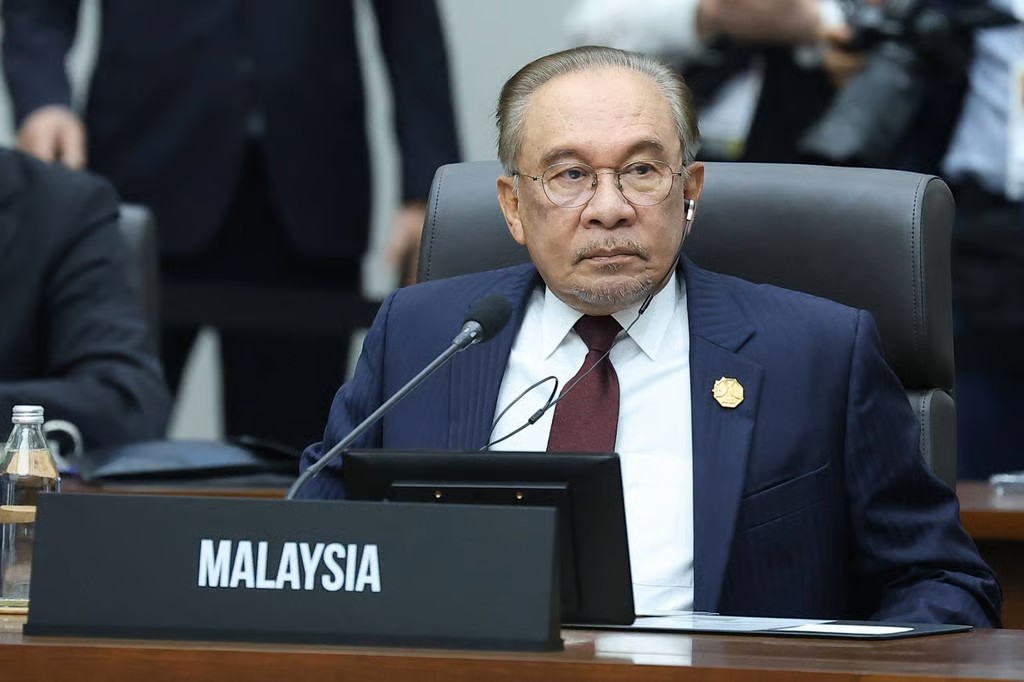
Regardless of who wins the state election, the fundamental issues will remain. Sabah’s leaders will continue to press for clarity on the 40 percent revenue entitlement, for greater control over natural resources, and for an end to decades of infrastructure neglect. The broader question is whether Putrajaya is willing to take the steps necessary to rebuild trust and fulfil the commitments made when the nation was formed.
For many residents in Sabah, the debate is no longer abstract or historical. It affects daily life in ways large and small. The increasingly louder call is straightforward: respect the agreement, honour the promises, and allow Sabah to grow in line with the vision that was set out more than 60 years ago.
SOURCES: South China Morning Post; The Star; Malaysia Government Publications; Petronas Financial Reports; Bernama; Sabah Law Society statements; University of Malaysia Sabah commentary.


